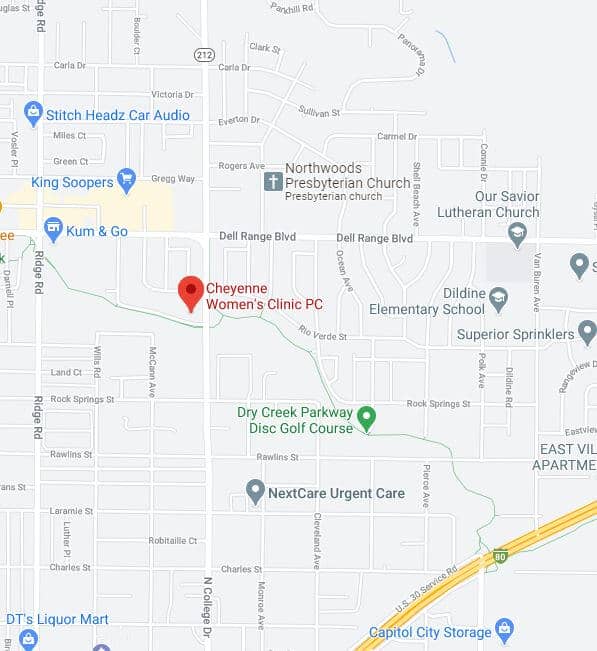Rh Factor and How it Can Affect Your Pregnancy
The Rh factor is an inherited protein found on the surface of the red blood cells in your blood. If you have this protein, you are Rh positive. If you don’t, you are Rh negative.
You and your baby don’t necessarily have the same blood type, since the baby inherits characteristics from both father and mother. It’s not usually a problem if your blood types are different, unless you are Rh negative and your baby is Rh positive. This is called Rh incompatibility. If this is the case and your baby’s blood happens to mix with your blood during pregnancy, your blood will recognize your baby’s as being different blood and try to fight it off by making anti-Rh antibodies. These antibodies can cross the placenta and try to destroy the baby’s blood. This could cause serious health problems for your baby.
Problems with Rh Incompatibility
Rh incompatibility can cause a type of anemia in your baby where the baby’s red blood cells are destroyed by the antibodies in your blood faster than the baby’s body can replace them. Red blood cells deliver oxygen throughout the body, and without enough red blood cells, your baby can’t get enough oxygen.
Normally during pregnancy, your blood and your baby’s blood stay completely separate. Sometimes, however, a small amount of the baby’s blood could get into your bloodstream. This could happen during labor and birth, and also during:
- Amniocentesis or chorionic villus sampling (CVS) procedures
- Bleeding during pregnancy
- Attempts to rotate a breech baby into normal position
- Trauma to your abdomen during pregnancy
Health problems related to Rh incompatibility usually don’t occur during your first pregnancy, because your body hasn’t had the chance to build up antibodies. But unless you get preventative treatment, a future baby’s health could be at risk.
Preventing Rh Problems
Ideally, your doctor wants your body to not make the Rh antibodies in the first place to avoid placing your baby at risk. To determine your blood type and Rh status, we will give you a simple blood test, usually at your first prenatal visit. If you are Rh positive, nothing else needs to happen. If you are Rh negative, we will also do another screening blood test to determine if your body has already made antibodies to Rh-positive blood.
Around your 28th week of pregnancy, if you are Rh negative, your doctor will give you a medication called Rh immunoglobulin (Rhig). This will stop your body from making Rh antibodies. If your baby is born with Rh positive blood, you will also get another dose of Rhig within 72 hours of delivery.
Your doctor may also give you a dose of Rhig following these situations:
- An ectopic pregnancy or first-trimester miscarriage or abortion
- Invasive procedures such as amniocentesis, CVS, or taking samples of your unborn baby’s blood
- Surgery on your unborn baby
- Bleeding during pregnancy
- Trauma to your abdomen during pregnancy
- Manual attempts to turn a baby in breech position
If the screening blood test shows that your body has already made Rh antibodies, your baby’s health will be checked throughout your pregnancy. If your baby shows signs of anemia, certain treatments to protect the baby’s health may be necessary, including:
- Early delivery (before 37 weeks)
- A blood transfusion through the umbilical cord before the baby is born
- A blood transfusion after the baby is born
Rh incompatibility can only occur if your blood is Rh negative. If it is, don’t hesitate to ask your doctor any questions about what this means for the health of your baby.







